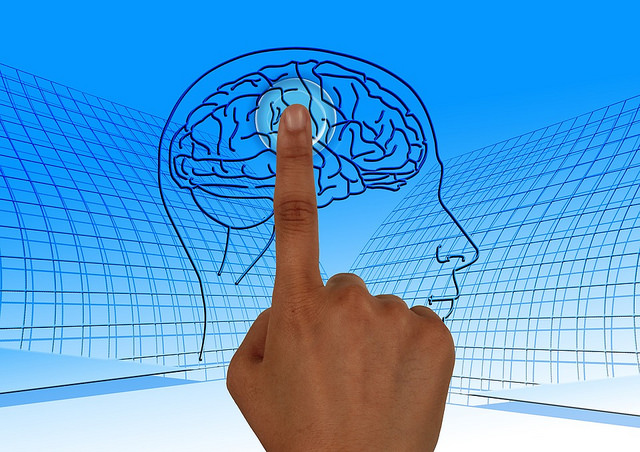A 2017 study by a worldwide team of dementia experts, published in Lancet, lays out the latest research findings on dementia, and the news is better than you might expect. There are a range of proven ways, particularly through mental and physical stimulation, to prevent or delay dementia.
Dementia literally translates from the Latin to mean “out of mind.” It is a brain disorder that affects memory and the ability of people to process information. In 2015, 47 million people around the world, mostly people over 65, were living with dementia at a cost of $818 billion. By 2050, there are expected to be almost 150 million people living with dementia. Today, one in three older people die with dementia.
Though there is no cure for dementia, people’s daily activities may delay or prevent its onset. And, for people diagnosed with dementia, there are ways to slow down the course of the disease and improve quality of life. The data suggest that people who are better educated, as well as more mentally and physically active and socially engaged, are less likely to be diagnosed with dementia.
Not surprisingly, social isolation, not having friends or family to talk to and spend time with, and poor education, increases the risk of dementia. In addition, people with hearing loss who are not managing that condition are prone to getting dementia.
Here are a few ways that have been found to delay or prevent dementia:
- Treatment for hypertension or high blood pressure is important since high blood pressure has been found to cause dementia.
- It is possible that more than one in three cases of dementia can be delayed or prevented through exercise, having a social network, and engaging your mind.
- Smoking less.
- Managing hearing loss,
- Keeping your blood sugar level under control if you have diabetes.
- Maintaining a healthy weight; and,
- Treating depression.
Getting a diagnosis of dementia in its early stages can allow for treatment interventions that maximize memory and cognition, and reduce stress and depression. There are many people living with dementia who are able to drive and function independently. You can learn more about the living with dementia movement, here.
Here are ways to help people living with dementia remain independent. And, here are best practices for communicating with a person with dementia.
Here’s more from Just Care:











A doctor, introduced as the leading expert on Alzheimer’s in the US by CBS news, gave the sad but true bottom line about treatment : there is no treatment or exercise, physical or mental, which has demonstrated any benefit in controlled clinical trials for Alzheimer’s patients. I would add, even drugs approved for treatment , only claim that they slow the progression of Alzheimer’s, but at the cost of serious, even fatal side effects. If studies designed to show a positive effect fail, results can be restated using a different statistical model to support a fallback position. This is a tortuous task, but, as they say, if you torture statistics long enough they will tell they will give you the answer you’re looking for.